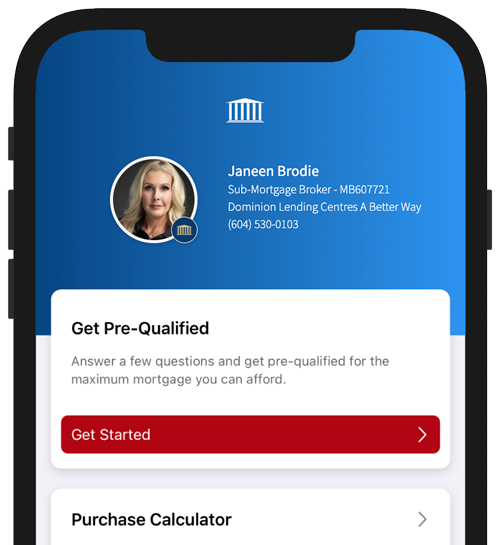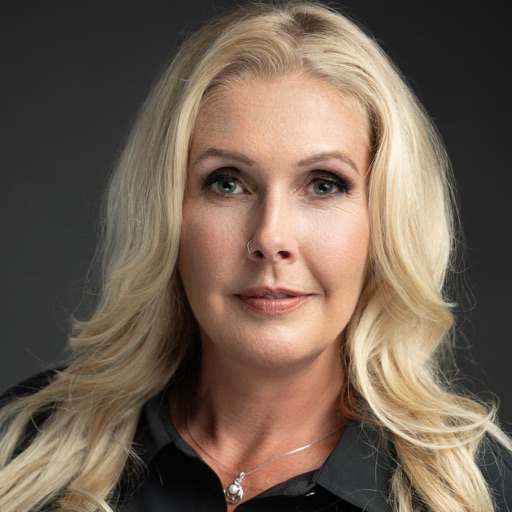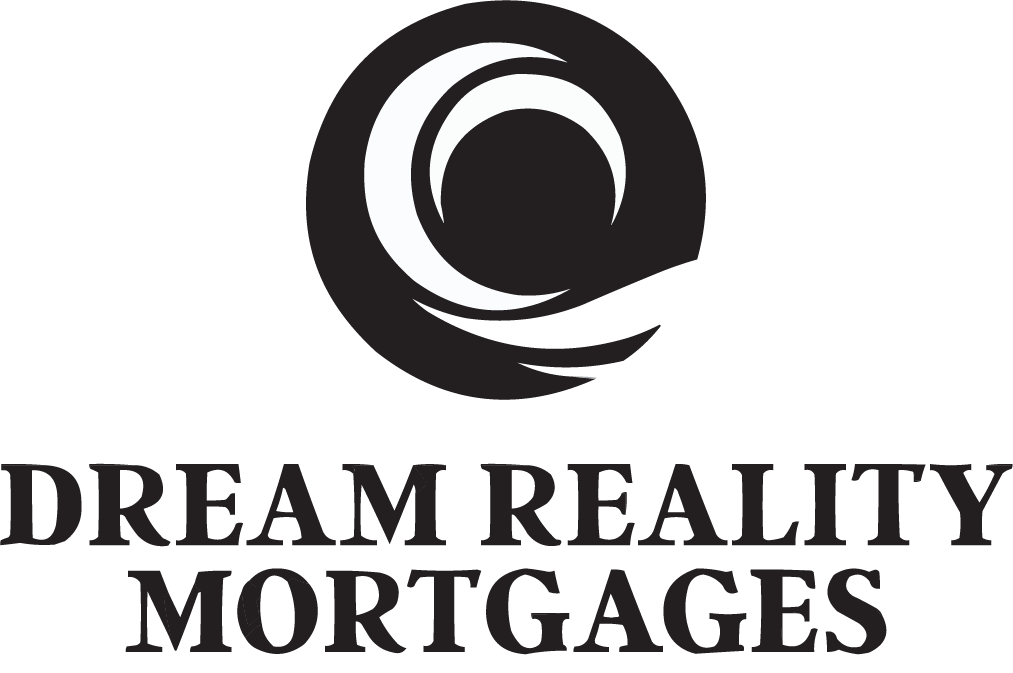
Commercial Mortgages
Getting a commercial mortgage involves several key considerations, and the process can differ from residential mortgages in terms of requirements, terms, and risk. Here’s what you should know:
Understanding Commercial Mortgages
A commercial mortgage is a loan used to finance the purchase, refinance, or development of a commercial property (e.g., office buildings, retail spaces, industrial properties, multi-family rental properties, etc.). These are typically more complex than residential mortgages due to the higher value of the properties and the greater risks involved.
Types of Commercial Mortgages
- Conventional Commercial Mortgage: Requires a down payment of 20-35% of the property’s purchase price or appraised value.
- CMHC-insured Mortgage: If the property is multi-unit residential (5 or more units), you may be eligible for mortgage insurance through the Canada Mortgage and Housing Corporation (CMHC), which can reduce the down payment requirement to as low as 15%.
- Bridge Loan: Short-term financing used until you can secure long-term financing.
- Construction Loan: Used to finance the building of a new commercial property or major renovations.


Key Factors Lenders Consider
Property Type: Lenders prefer well-established, income-generating properties (e.g., office buildings, shopping centres, apartment buildings) over speculative developments.
Loan-to-Value Ratio (LTV): This is the ratio of the loan amount to the appraised value of the property. A higher LTV indicates higher risk for the lender. Most commercial lenders will accept LTVs between 65-80%, depending on the type of property and your financial profile.
Cash Flow and Income: Commercial properties are assessed based on their potential to generate income. Lenders typically look at net operating income (NOI), debt service coverage ratio (DSCR), and the property’s historical income performance.
Your Creditworthiness: Lenders will assess both your personal and business credit history. A strong credit score is important, as it shows your ability to repay the loan.
Business Financials: Lenders require the business’s financial statements, tax returns, and possibly a business plan to evaluate your ability to handle the loan repayments.
Experience: If you’re new to real estate investing or development, you may face stricter scrutiny. Lenders generally prefer borrowers with prior experience in managing commercial properties.
Down Payment
Unlike residential mortgages, which often require down payments as low as 5% in some cases, commercial mortgages typically require larger down payments. A standard down payment will be around 20-35% of the purchase price, depending on the property and the lender.
Interest Rates and Terms
Interest Rates: Commercial mortgage interest rates tend to be higher than residential mortgage rates because of the higher risk involved. Rates can be either fixed or variable, and the exact rate will depend on factors like the type of property, your creditworthiness, and the market.
Term: The mortgage term is typically 1-10 years. Keep in mind that commercial mortgage terms can vary significantly depending on the lender and the specific property type.
Amortization Period: This refers to the period over which you repay the loan. Commercial mortgages typically have amortization periods (25-30 years), but CMHC insured mortgages can see amortizations up to 40 years.
Documentation Needed
When applying for a commercial mortgage, you’ll typically need to provide:
Personal and business financial statements (e.g., income statement, balance sheet)
Business tax returns (usually for the past 2-3 years)
Property details, including an appraisal and income statements for existing properties
Proof of income, for both the business and individuals involved.
Down payment source: Proof of funds to cover the down payment.
Personal guarantees: Lenders may require the business owners to personally guarantee the loan, which means you could be personally liable for the loan if the business defaults.
CMHC Insurance
If you’re purchasing a multi-unit residential property (e.g., apartment buildings) with more than five units, you might be eligible for mortgage insurance through the Canada Mortgage and Housing Corporation (CMHC) CMHC-insured loans allow for a lower down payment (as low as 15%) and more favourable terms. However, you must meet certain criteria, and the property must be primarily used for rental purposes.
Costs Involved
In addition to the down payment, you should be aware of additional costs, such as:
Appraisal fees: Typically $1,000 to $3,000
Legal fees: Costs for title searches, registering the mortgage, etc.
Broker fees: If you use a mortgage broker, they may charge a fee, though this is typically covered by the lender.
Insurance: You will need insurance for the property (commercial property insurance) and possibly liability insurance.
Due diligence costs: Legal, environmental, and engineering reports may be required.
Prepayment Penalties and Flexibility
Some commercial mortgages may come with prepayment penalties or restrictions on the ability to pay down the mortgage early. This is particularly true for fixed-rate loans or those with long amortization periods. It’s important to review these clauses carefully and understand any limitations on repaying the loan early or refinancing.
Choosing the Right Lender
There are various lenders offering commercial mortgages, including:
Big Banks: Canadian banks such as RBC, TD, Scotiabank, and BMO are the major players in the commercial mortgage space. They offer competitive rates, but their application process can be strict.
Credit Unions: They may offer more flexible terms and better customer service than big banks, but the rates could be higher.
Private Lenders: If you have difficulty securing financing from traditional lenders, private lenders may offer more flexible terms, though they tend to charge higher interest rates.
Mortgage Brokers: Brokers can help you shop around for the best rates and terms from a variety of lenders, both institutional and private.
Challenges and Risks
Cash Flow: Ensure the property will generate enough income to cover the mortgage payments and other expenses (e.g., property taxes, insurance, maintenance).
Market Conditions: Interest rates, real estate trends, and economic conditions can all affect your ability to repay the loan.
Refinancing Risk: Since commercial mortgages typically have terms of 1-10 years, you may face the risk of having to refinance the loan at a higher rate or in a less favourable market.
Working with a Mortgage Broker
A mortgage broker specializing in commercial loans can be valuable in navigating the complexities of the process, finding the best rates, and negotiating favourable terms. Brokers have access to a wide range of lenders and can often get better deals than borrowers can on their own.
Exit Strategy
It’s important to have an exit strategy in place, especially for larger projects. Whether it’s selling the property, refinancing, or other options, lenders may ask for an exit plan to see how you intend to pay off the loan at the end of the term.
Getting a commercial mortgage can be a great way to finance business or investment property, but it involves careful preparation and a solid understanding of the terms, risks, and obligations. Make sure to work with professionals (brokers, lawyers, accountants) to ensure that you are fully prepared for the process.






